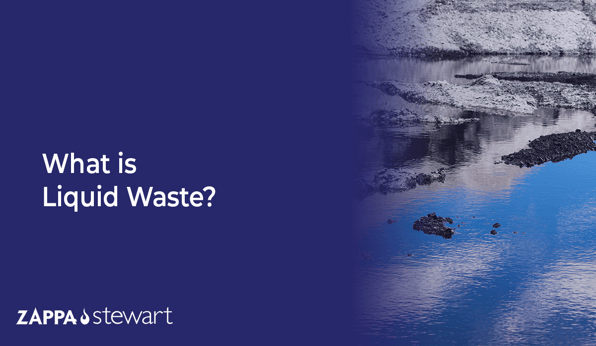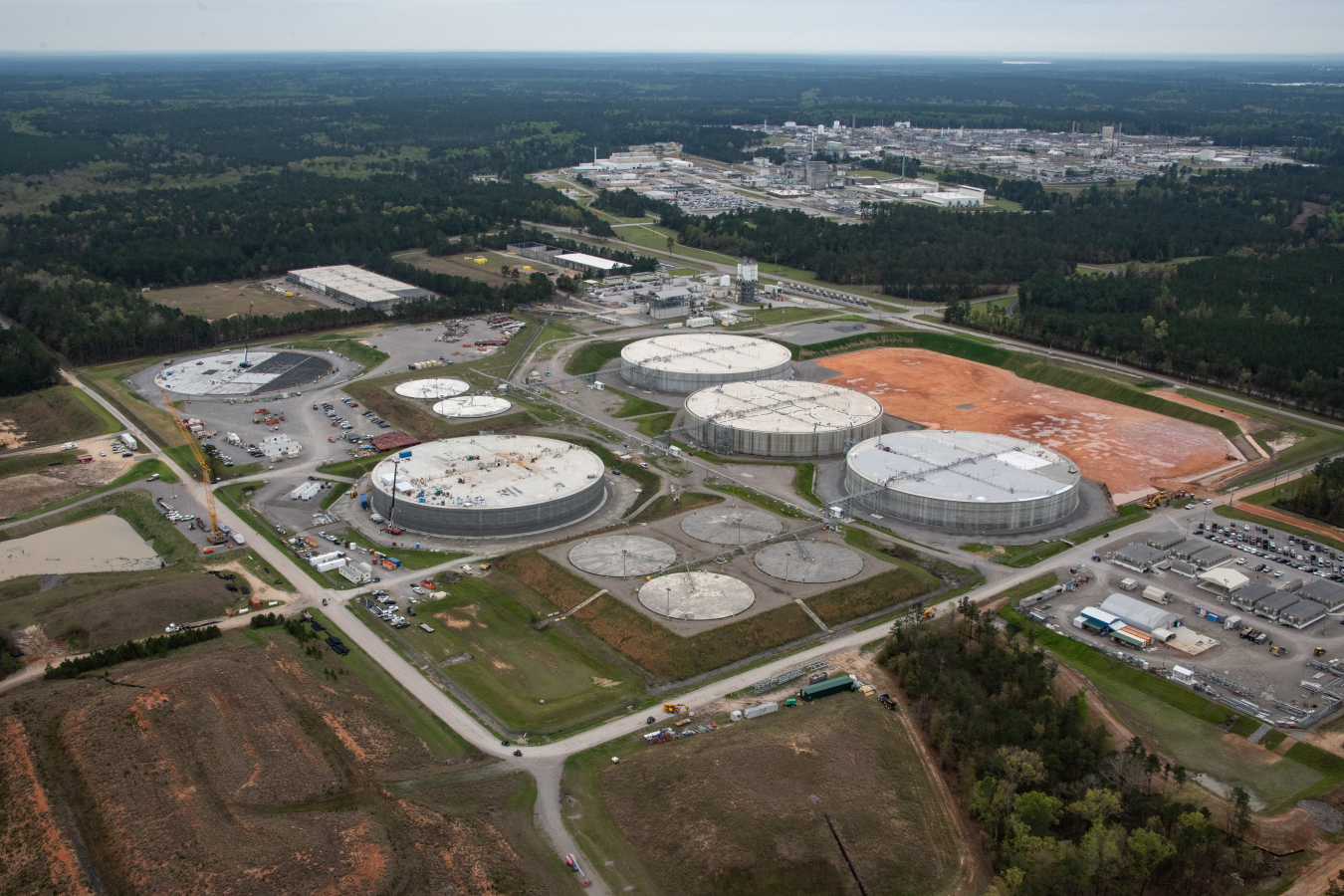Safe and Sustainable Liquid Waste Disposal: Your Go-To Company
Safe and Sustainable Liquid Waste Disposal: Your Go-To Company
Blog Article
Comprehending the Comprehensive Refine of Liquid Waste Disposal: Finest Practices and Environmental Effect Considerations
The management of fluid waste disposal is a multifaceted issue that needs a thorough understanding of numerous ideal methods and their associated environmental effects. From the sorts of fluid waste produced to the techniques utilized for collection, treatment, and final disposal, each step plays a crucial function in securing communities and public health. As governing criteria develop and technology advances, the conversation around these processes ends up being significantly significant. What effects do these changes hold for future sustainability initiatives, and exactly how can stakeholders guarantee that they are appropriately attended to?
Sorts Of Liquid Waste
Understanding the numerous kinds of fluid waste is necessary for efficient administration and disposal practices. Fluid waste can be generally categorized into numerous types, each calling for unique handling and therapy approaches.
Industrial liquid waste usually has hazardous products, consisting of heavy steels, solvents, and chemicals, produced throughout making procedures. These wastes require rigorous regulatory conformity to shield human wellness and the environment. Residential fluid waste primarily refers to wastewater generated from families, consisting of sewage and greywater, which, although less harmful, can still present considerable risks if incorrectly taken care of.
Agricultural liquid waste, including overflow from ranches, commonly contains fertilizers and pesticides that can bring about ecological destruction if not dealt with adequately. Clinical fluid waste, generated from healthcare centers, consists of contaminated liquids such as physical liquids and chemicals, requiring specialized disposal techniques to prevent infection and ecological contamination.
Finally, oil and oil waste, usually created by dining establishments and automobile markets, can create serious obstructions in drain systems if not taken care of effectively. Comprehending these groups facilitates targeted techniques for treatment, conformity with regulations, and reliable disposal approaches, eventually promoting ecological sustainability and public health and wellness security.

Collection Approaches
Effective collection approaches are vital for the correct administration of liquid waste, guaranteeing that it is gathered safely and efficiently prior to treatment or disposal. Numerous strategies are used depending upon the type of fluid waste produced, the quantity, and the details features of the waste.
One common method is using dedicated collection containers or sumps, which are made to catch fluid waste at the resource. These systems usually integrate pumps that facilitate the transfer of waste to larger storage space containers or therapy centers. In addition, mobile collection units outfitted with vacuum technology are used in circumstances where waste is created periodically or in hard-to-reach areas.
For industrial setups, closed-loop systems can properly decrease spills and leakages, enabling the healing and reuse of liquid waste. It is additionally necessary to train employees on appropriate collection procedures to alleviate dangers connected with hazardous compounds.
Moreover, implementing normal maintenance schedules for collection equipment guarantees optimum efficiency and safety. The integration of sophisticated monitoring systems can boost collection effectiveness by supplying real-time information on waste levels and prospective dangers. Overall, effective collection methods are foundational to sustainable liquid waste administration practices.
Therapy Procedures
Therapy processes play an essential duty in the management of fluid waste, transforming possibly dangerous materials into secure effluents or multiple-use resources - liquid waste disposal. These processes can be broadly categorized right into physical, you could try here chemical, and biological find out approaches, each customized to address particular pollutants present in the waste stream
Physical treatment techniques, such as sedimentation and purification, work by removing suspended solids and particle issue. These techniques are commonly the very first step in the treatment chain, properly lowering the load on subsequent processes. Chemical therapies include the usage of reagents to neutralize dangerous compounds, speed up hefty metals, or oxidize natural contaminants, consequently improving the safety of the effluent.
Organic treatment procedures, consisting of turned on sludge systems and anaerobic digestion, profit from the all-natural capacities of bacteria to weaken raw material. These methods are particularly reliable for wastewater including naturally degradable toxins. Advanced therapy technologies, such as membrane filtering and progressed oxidation processes, are progressively utilized to achieve greater degrees of purification.
Integrating a mix of these therapy approaches not just makes sure compliance with regulative requirements however likewise promotes environmental sustainability by recuperating beneficial resources from liquid waste.
Disposal Options
Exactly how can companies make sure the risk-free and liable disposal of liquid waste? Efficient disposal options are essential for securing public wellness and the atmosphere. The key techniques consist of land incineration, disposal, and treatment followed by discharge into metropolitan wastewater systems.
Land disposal includes the mindful containment of liquid waste in designated garbage dumps, guaranteeing that it does not seep right into bordering soil or water. Incineration, on the other hand, topics fluid waste to heats, converting it right into ash and gases, which need correct filtration to reduce emissions. This approach appropriates for contaminateds materials that can not be dealt with through traditional means.
In instances where liquid waste can be treated, companies might decide for biological or chemical therapy processes to reduce the effects of dangerous parts before discharging the dealt with effluent right into local systems. This path generally aligns with regulatory requirements, guaranteeing site that the effluent satisfies safety standards.
Eventually, companies have to conduct comprehensive assessments of each disposal option to establish its stability, thinking about aspects such as waste composition, governing conformity, and possible risks to health and the environment. By picking proper disposal techniques, companies can contribute to a responsible waste management approach.
Ecological Effect
The ecological effect of liquid garbage disposal is a crucial factor to consider for organizations seeking to reduce their environmental impact. Inappropriate disposal methods can lead to significant contamination of water sources, soil destruction, and unfavorable effects on regional environments. As an example, hazardous fluids can leach right into groundwater, positioning risks to alcohol consumption water materials and aquatic life. In addition, the discharge of without treatment or inadequately treated waste right into surface area waters can result in eutrophication, causing oxygen depletion and the succeeding fatality of fish and other microorganisms.

To minimize these impacts, organizations should adopt best methods such as executing rigorous waste treatment processes, promoting recycling and reuse, and adhering to regulatory standards. By taking a proactive strategy to fluid waste administration, entities can dramatically lower their ecological footprint while supporting lasting growth objectives. Eventually, a detailed understanding of the environmental impacts associated with liquid waste disposal is essential for informed decision-making and liable stewardship of all-natural sources.
Verdict
Effective monitoring of fluid waste is vital for safeguarding environmental integrity and public wellness. Eventually, a comprehensive understanding of fluid waste disposal not only minimizes environmental influences but also fosters a dedication to accountable source management and ecological stewardship.
The monitoring of fluid waste disposal is a complex issue that requires an extensive understanding of various ideal practices and their connected ecological influences. From the kinds of fluid waste created to the methods employed for collection, treatment, and final disposal, each step plays an essential role in protecting environments and public wellness.The ecological influence of fluid waste disposal is a critical consideration for organizations seeking to reduce their environmental impact. Eventually, a thorough understanding of the ecological effects linked with fluid waste disposal is crucial for notified decision-making and accountable stewardship of natural resources.
Ultimately, an extensive understanding of liquid waste disposal not only mitigates environmental influences but also fosters a commitment to liable source administration and environmental stewardship.
Report this page